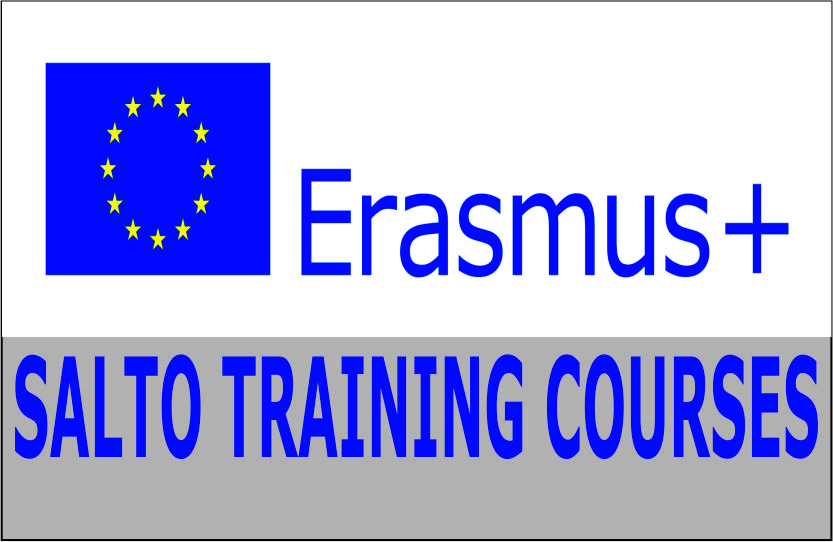Competencies for Basic youth work – meeting challenges in the youth field
Training Course 5-15 August 2017 | Daugirdiskes training center, Lithuania
“Competencies for Basic youth work – meeting challenges in the youth field”
The training course will gather 33 youth workers from Lithuania, Latvia, Czech Republic, Romania, Poland, Estonia, Italy and Croatia in Lithuania from 5th to 15th of August, 2017.
Organizer:
Order of Malta Relief Organisation in Lithuania (NGO/Others)
This activity is for participants from:
Croatia, Czech Republic, Estonia, Italy, Latvia, Lithuania, Poland, Romania
Application deadline:
30 June 2017
“Competencies for Basic youth work – meeting challenges in the youth field”
Training Course
5-15 August 2017 | Daugirdiskes training center, Lithuania
The Training course: “Competencies for Basic youth work – meeting challenges in the youth field” is being implemented under the Erasmus + program, KA1 action. The project is being implemented by partners: MOPT (Lithuania), JASMA (Latvia), Maltezka pomoc (Czechia), SAMR (Romania), Universum NGO (Poland), HEAK (Estonia), TRIPS (Italy), OCEAN ZNANJA U REPUBLICI HRVATSKOJ (Croatia), The training course will gather 33 youth workers in Lithuania from 5th to 15th of August, 2017 in Lithuania.
Venue: Training centre DAUGIRDIŠKĖS www.daugirdiskes.lt
Aim of the training course:
To develop youth work competences of youth leaders/ workers in order to foster inclusion and empowerment of young people who are facing marginalization on daily basis.
Objectives:
1. To explore the concept of youth work, inclusion, and empowerment, when working with marginalized young people.
2. To develop competences of youth leaders/workers from partner organizations, enabling them to use variety of educational approaches with an aim to foster young peoples understanding about diversity, intercultural, inter-religious dialogue and common fundamental values of our society.
3. To share good and bad practices from partner organizations, reflect and learn from them.
4. Contemplate on different methodologies on how to reach marginalized youth and establish educational relationship
5. To develop high quality future international projects within Erasmus +
6. Create action plans how to support youth work quality development at local level.
Target group:
The target group of the project are workers working directly with young people (especially with fewer opportunity youth), representatives of partner organizations, youth policy and youth work stakeholders.
We will select people who are:
– Active in direct, educational work with young people: Youth workers, teachers, sports coaches and youth leaders, having at least 2 years direct working experience with youth groups;
– Facing challenges in empowerment and educational work with young people;
– Those who are aiming to involve young people with fewer opportunities into their educational activities;
– Language: able to communicate, actively take part in complex discussions in English;
– Able to participate in whole duration of the training programme;
– Is committed to disseminate of project results in their countries and communities;
– Interested in sharing experiences and gaining new ones from European partners;
– Have support from their organisation (or right to decide) for initiating educational projects.
Methodology of the training course:
Main principles we will follow during the learning process are:
1. Learner centred approach – it will be taken into account the personal needs and interests of each participants leading to personal and professional development.
2. Dealing with diversity – by creating the safe environment the diversity within a group will be seen as the source for sharing and learning.
3. Relevance to reality – the learning will be as close as possible to the reality of the participants making the links to and taking the examples from the real situation of the participants.
4. Learning from the experience – the personal experience of participants will be the source for learning by reflecting on it and making the conclusions for further application.
5. Active participation – space and conditions for active participation will ensure active role and involvement of the participants during the learning process.
Facebook event of the project: http://bit.ly/2qq3ltf
We are waiting for applications till 30th of June, 2017.
All applicants will be informed about the selection results.
Click here for more information and registration


